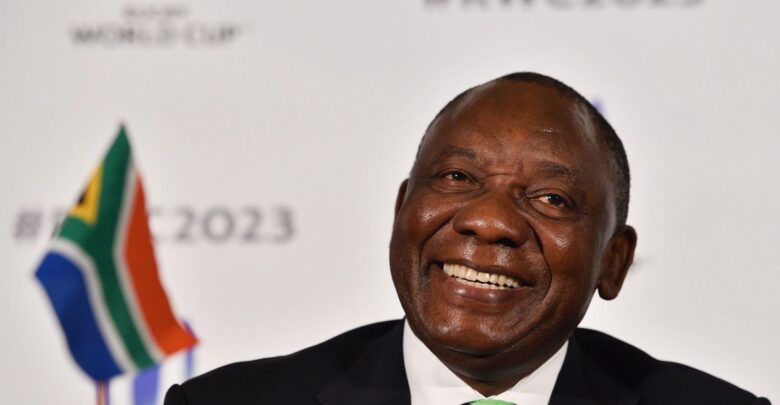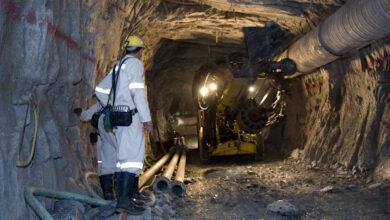South Africa
South African President Ramaphosa Calls On People To Use Electricity Sparingly

South African President Cyril Ramaphosa on Monday warned that there was no prospect of improvement in the ongoing electricity crisis in the country at least in the short term, reported The Africa News.
“Given the uncertain performance of (Eskom’s) coal-fired power plant fleet, we will not be able to stop load shedding in the short term,” Mr. Ramaphosa wrote in his weekly letter to the nation. “This is the sad reality of a long-standing situation.”
Notably, Africa’s leading industrial powerhouse is facing drastic power cuts, as the national grid is unable to produce enough power after years of mismanagement and corruption.
The South African president, who was on a trip to the United States and London, announced an early return to the system last week in response to the crisis.
He said the last two weeks of load shedding have been extremely frustrating and difficult and the public’s anger is justified. He added that the power shortage was jeopardising the economy.
Mr. Ramaphosa said that the government’s aim in the immediate term is to reduce the frequency and severity of load shedding by addressing the failures at the power stations. He attributed the unending power cuts to damage at the power utility over the years.
Notably, South Africa gets 80% of its electricity from coal, creating severe pollution that environmentalists have denounced.
Calling on the people to use electricity sparingly, the South African president assured that measures to create new electricity production capacity are progressing even if the effects are not immediately felt. He also said that the government was giving close attention to the skills, experience and capabilities of the Eskom leadership to ensure that the company has the best people at all levels of the organisation.
Back in July, Ramaphosa had announced that the sector would be opened up to the private sector. The country, which obtained €7.7 billion for its energy transition at COP26, signed the first agreements for wind energy production last week.






